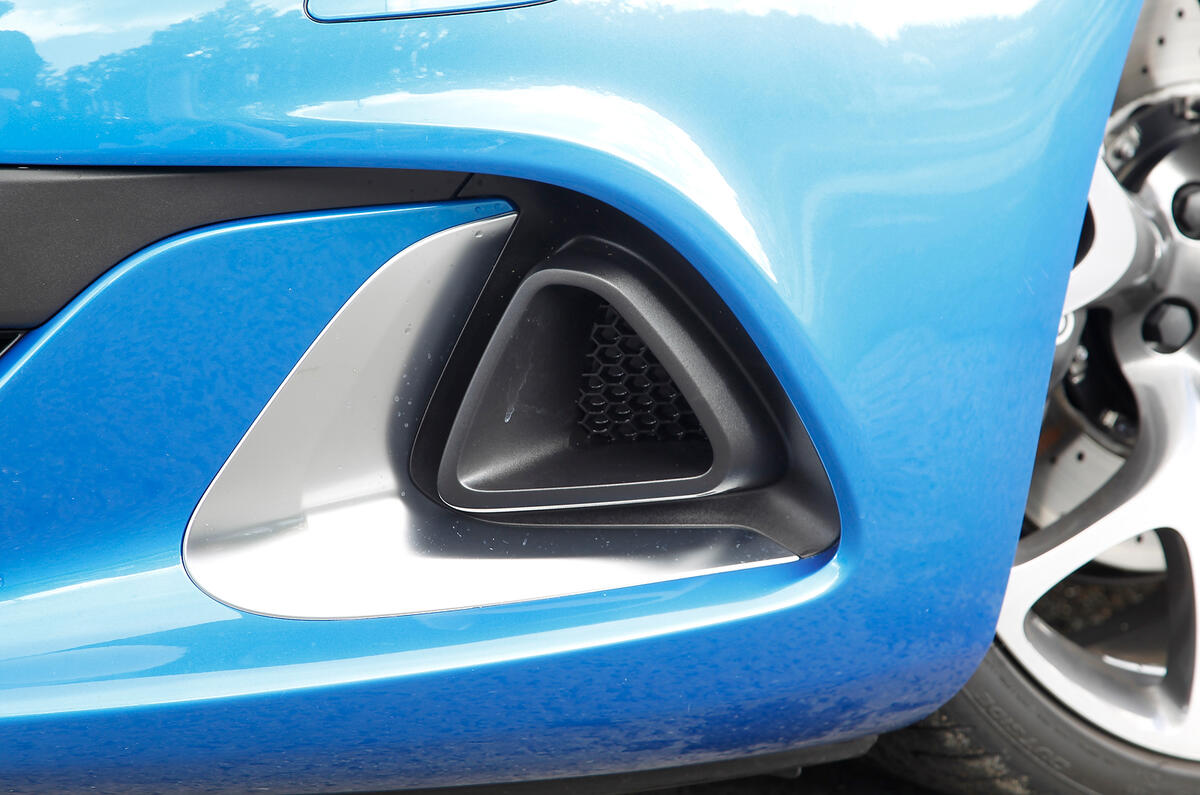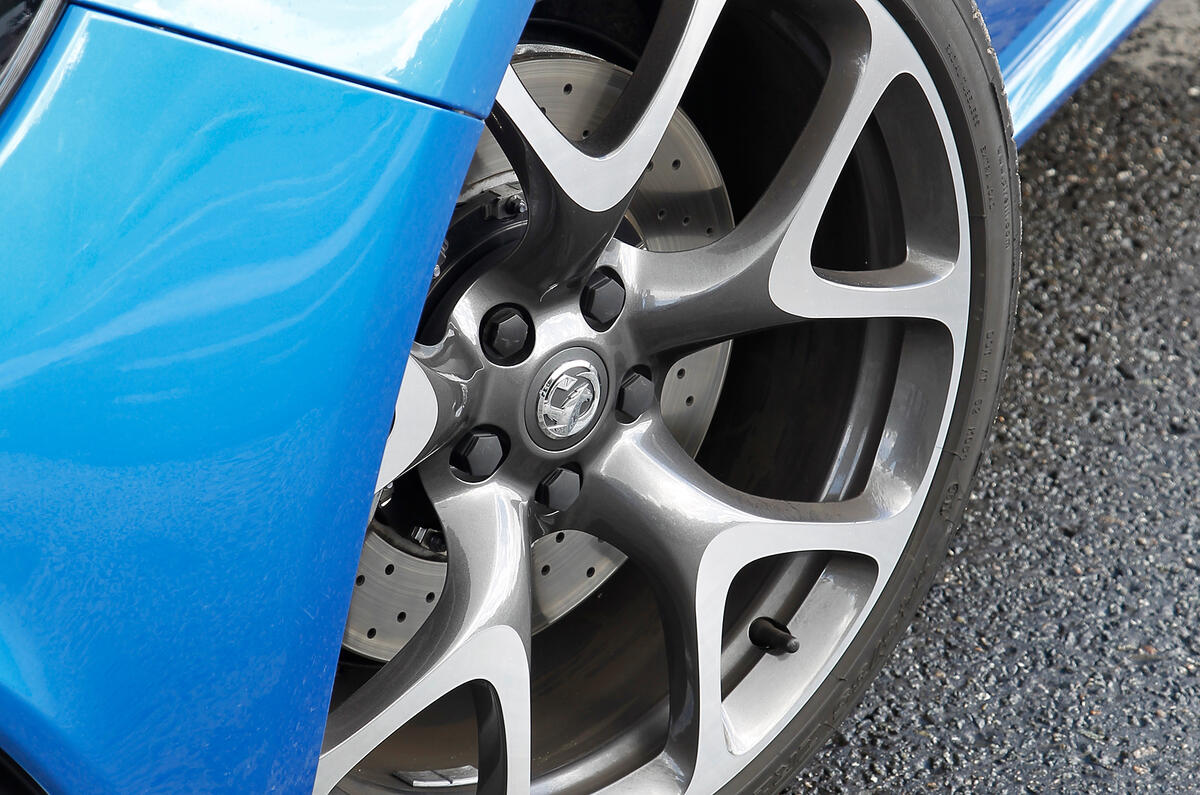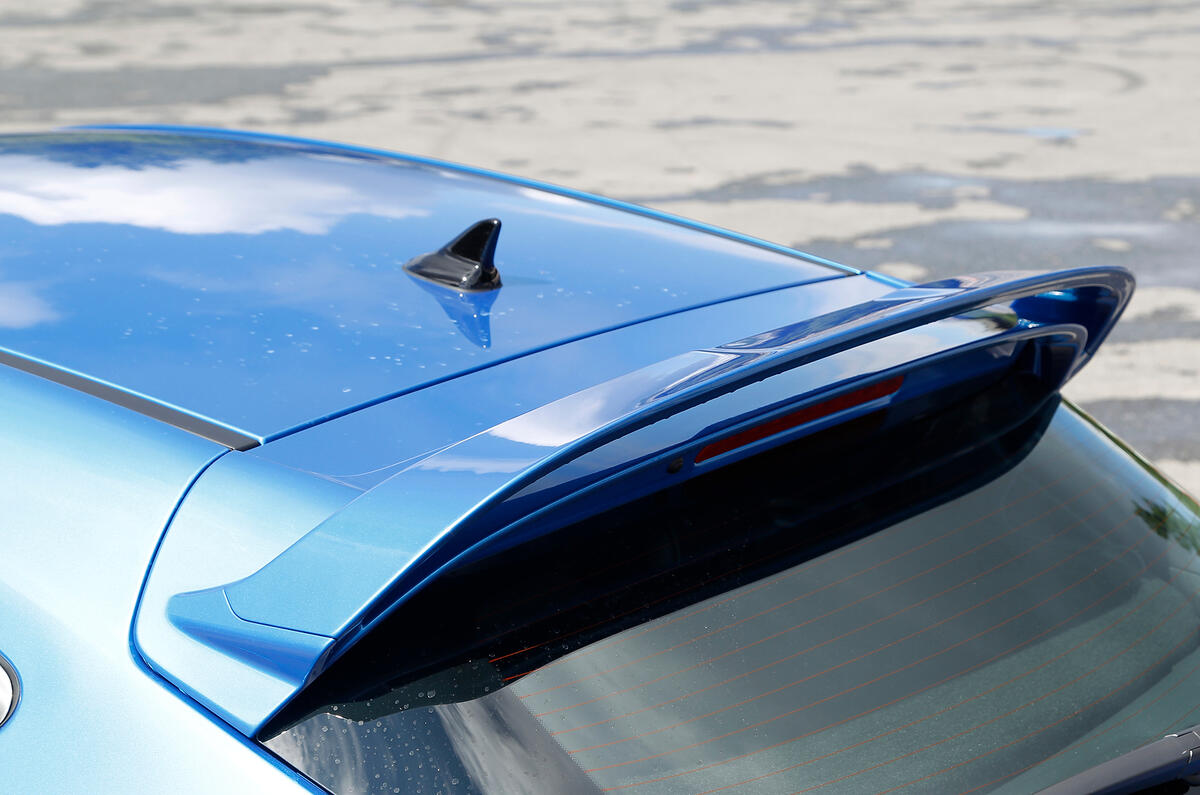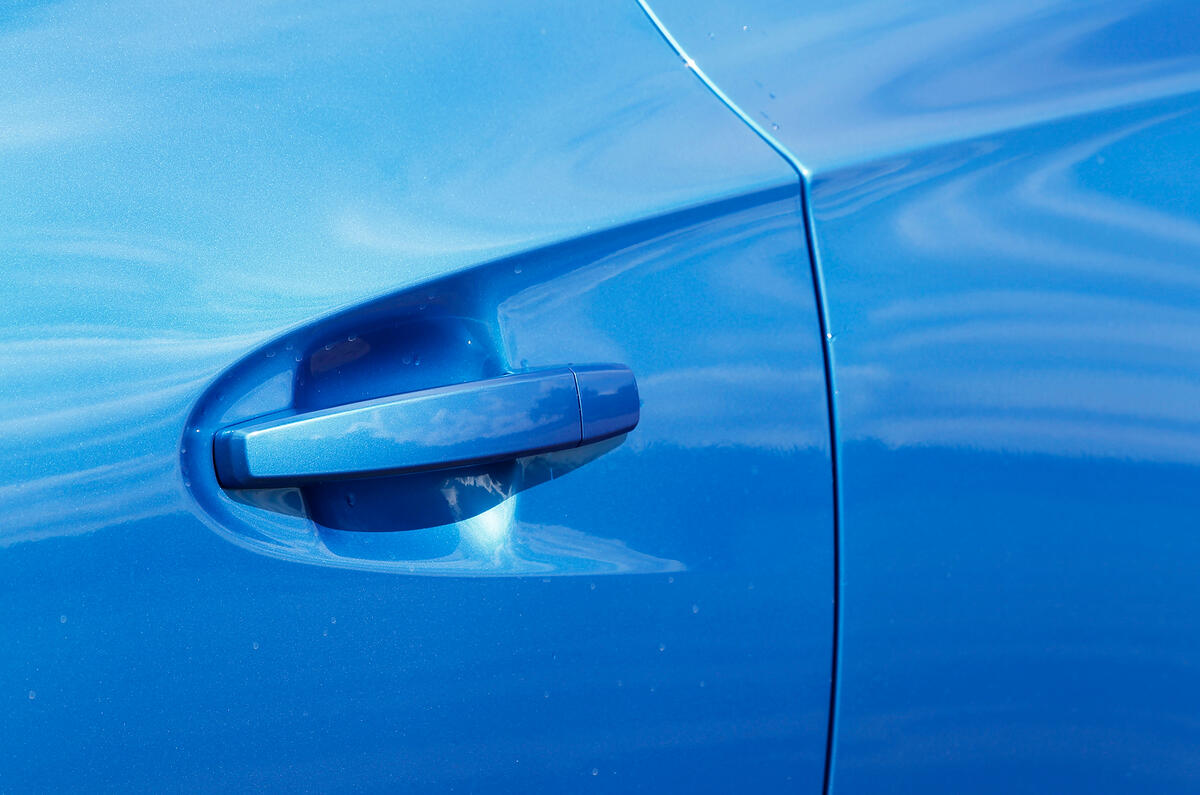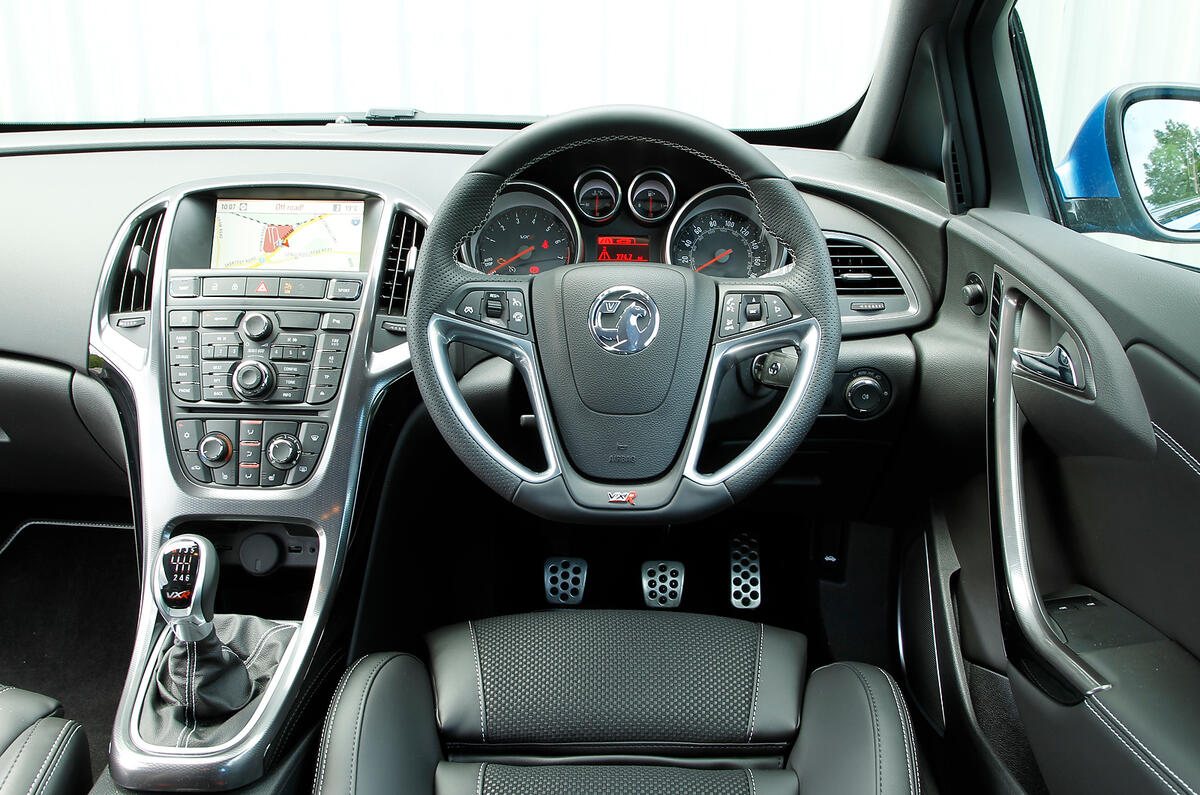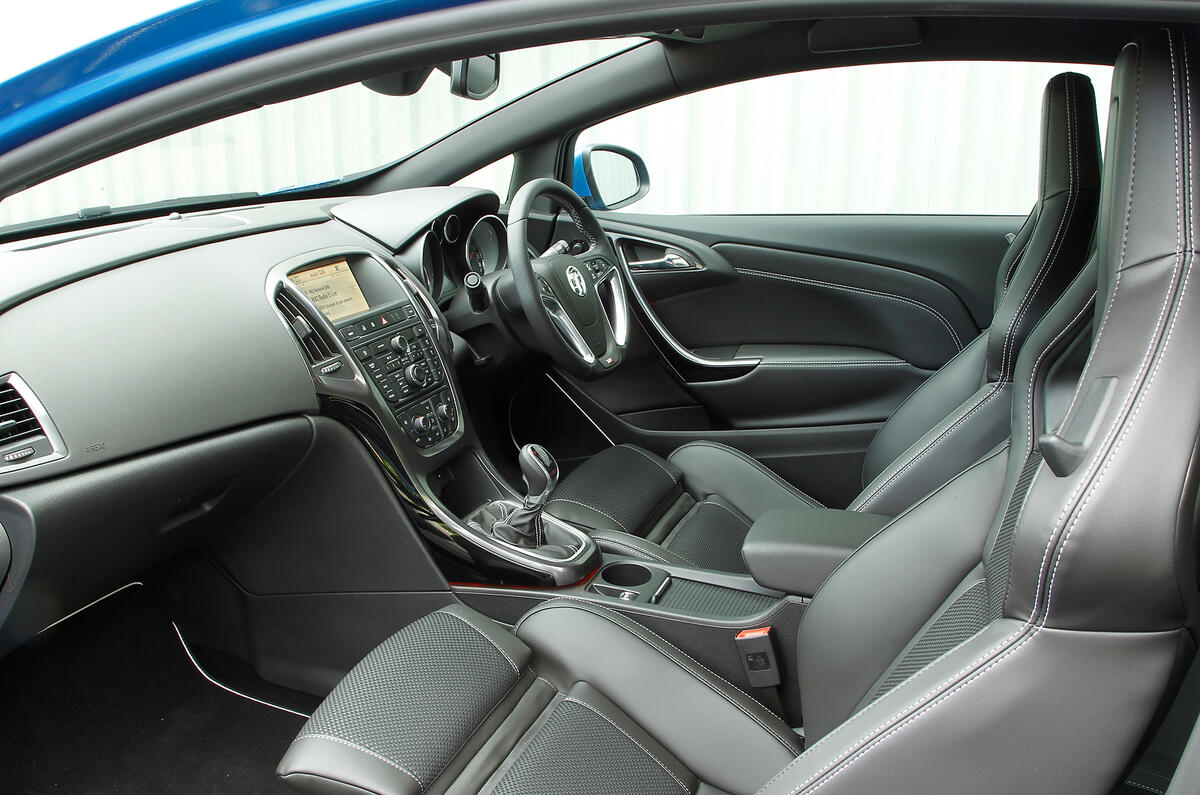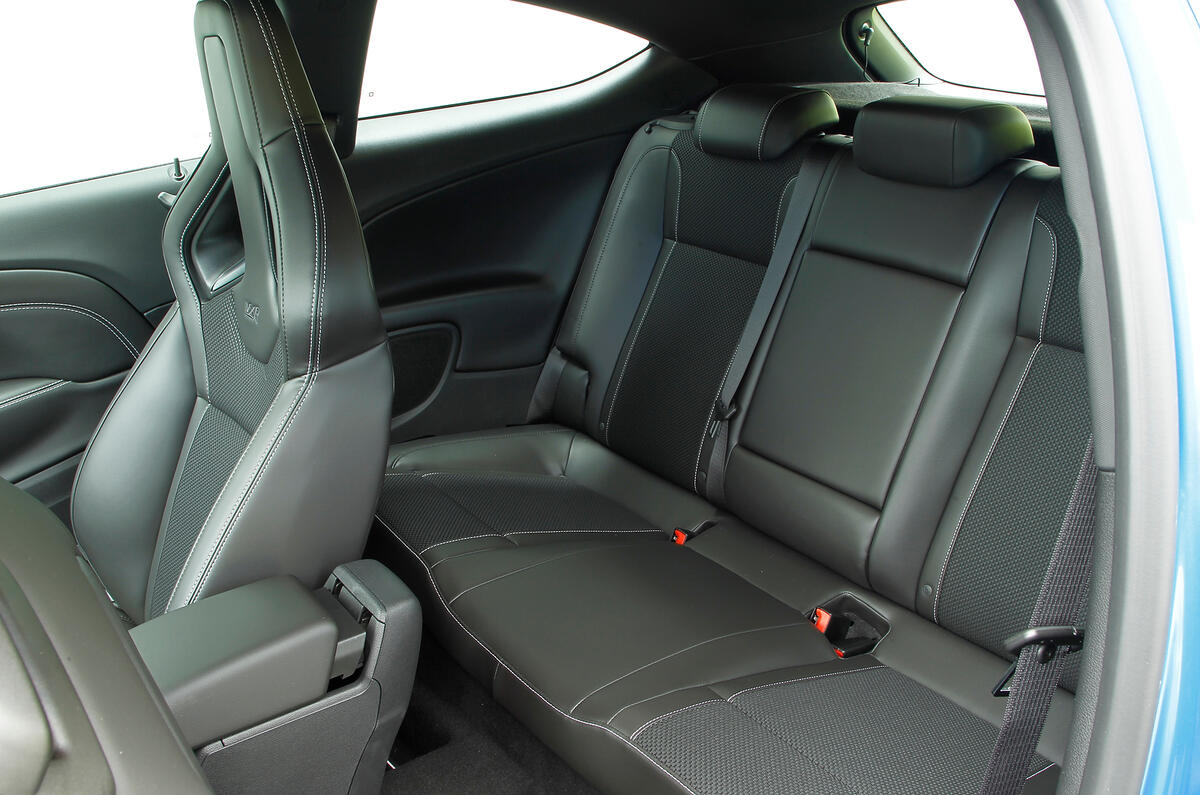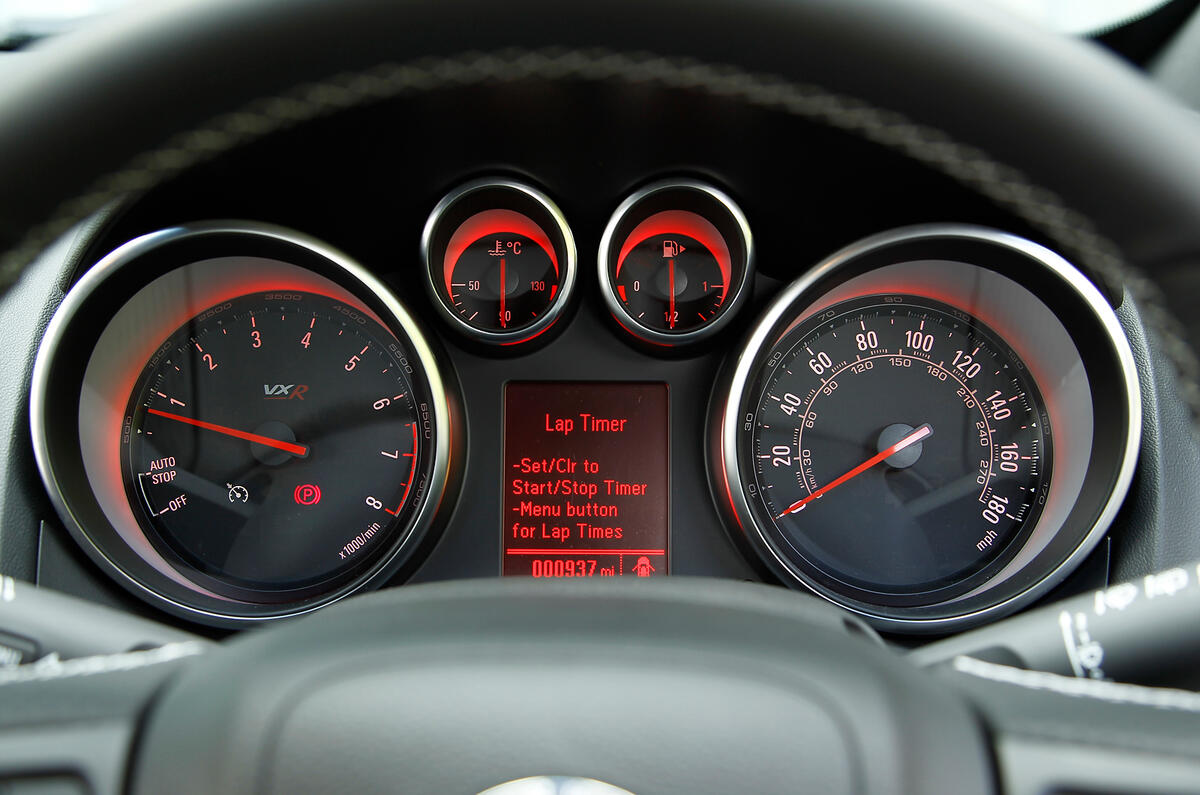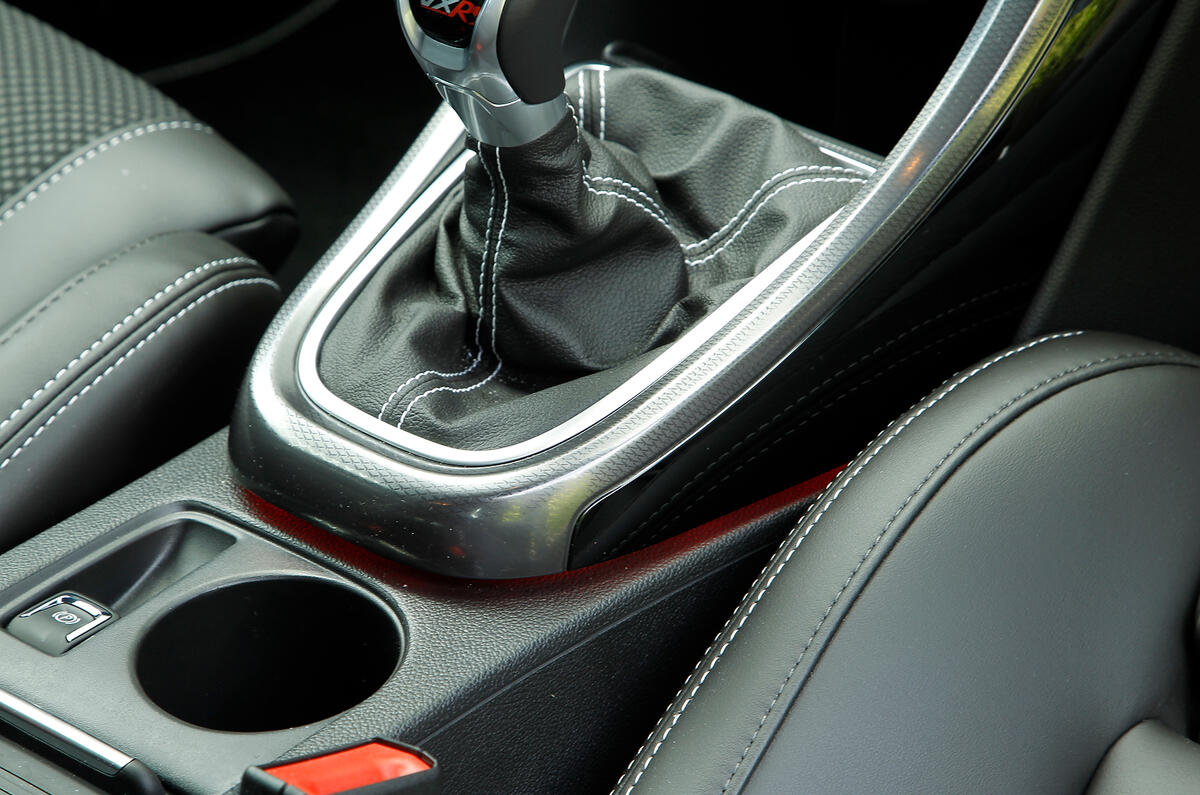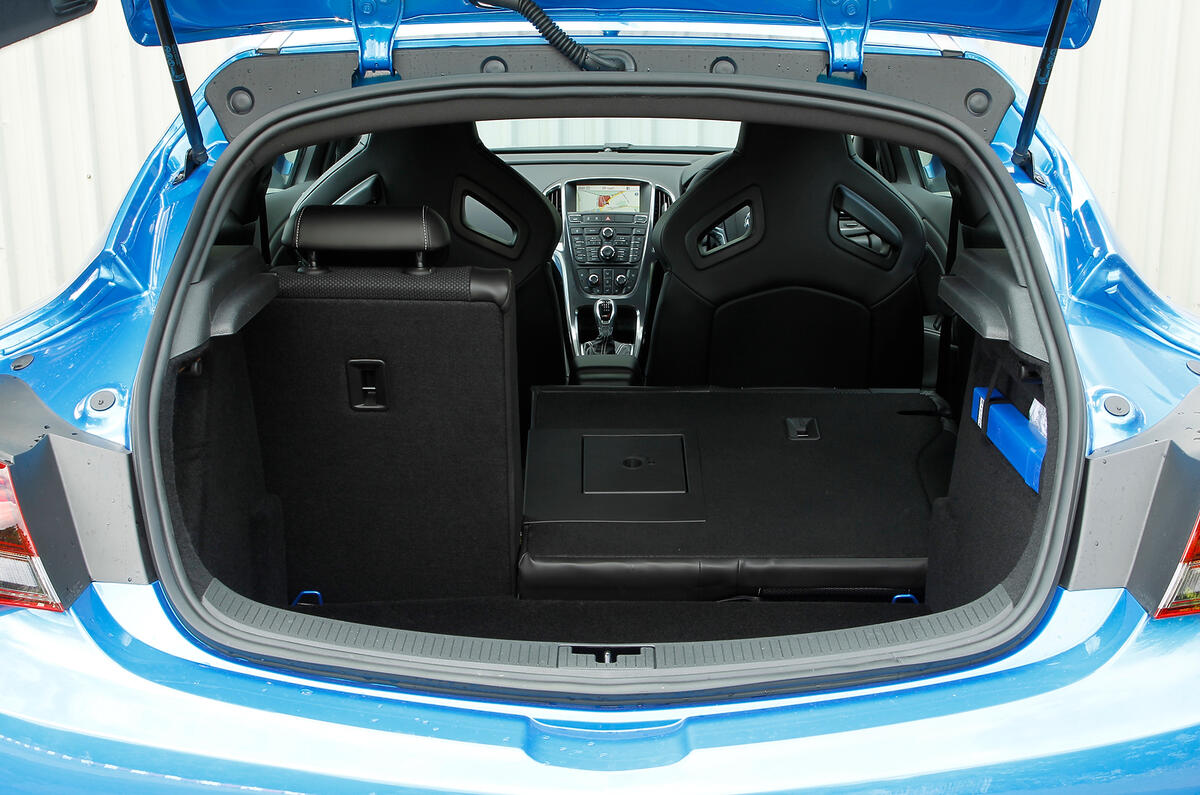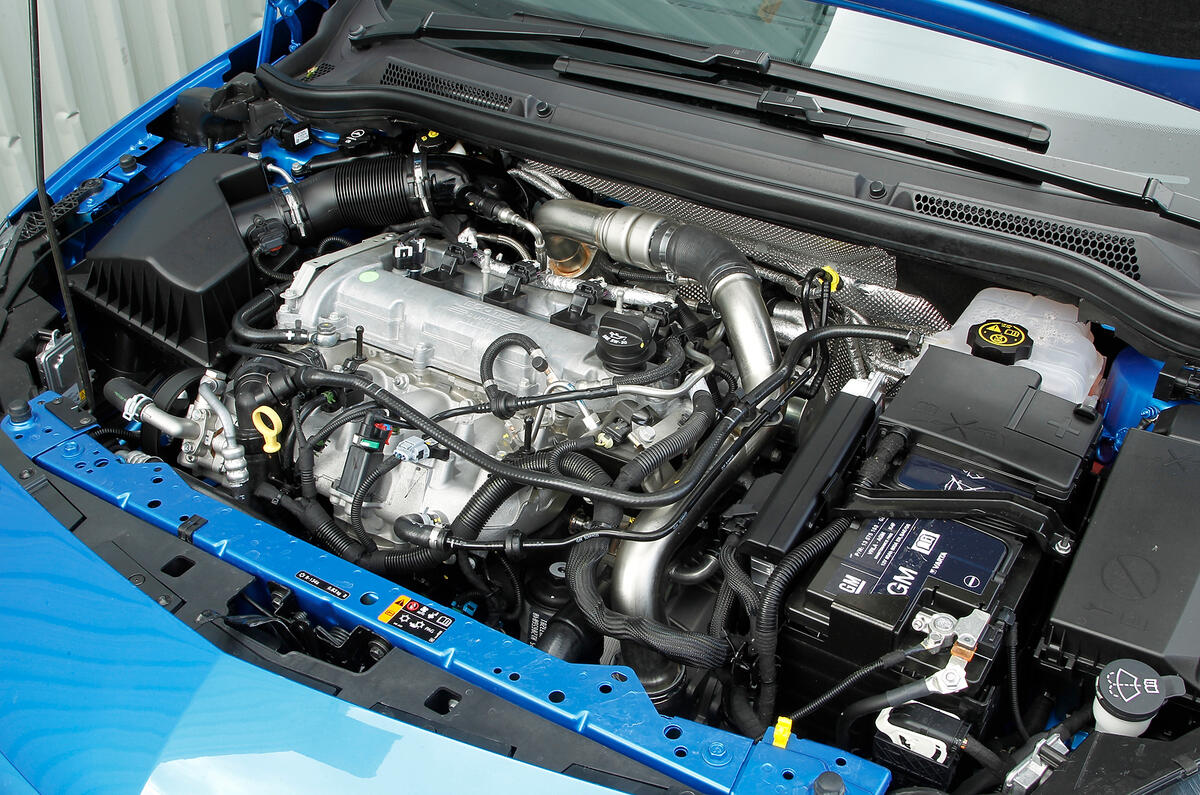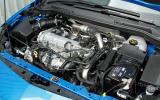Engine and gearbox: Regular oil changes are essential to preserve the timing chain and adjuster, so beware any car with a partial service history. A diesel-like noise at idle is one indicator of impending adjuster failure. Kangarooing from a start is likely to be a faulty cam position sensor.
Study the boost gauge to check the turbo is boosting at a steady 15-16psi. Feel for clutch slip and check gears engage without trouble. Any slight whining (common) can be resolved with a larger quantity of fresh gearbox oil.
Suspension: Feel for looseness and listen for clonks over rough surfaces. Check there are discernible differences between suspension modes.
Wheels, tyres, brakes: The optional diamond-cut 20in alloys fitted to most cars are vulnerable to kerbing and expensive to repair. Check for irregular tyre wear, indicating pressure or tracking issues. Fingers crossed it wears premium tyres such as Michelin Pilot Sports. Front Brembo discs are expensive, so check their remaining life and haggle as appropriate.
Body: Check panel fit, especially at the corners, and for disturbance of the front wing securing nuts under the bonnet. Also check that the bonnet slam panel hasn’t been replaced, repaired or repainted, indicating previous front-end damage.
Lift the boot carpet, feeling for damp (the tailgate rain channels can become blocked), and check the floor for buckling, which, if present, is a straight write-off. Lift window rubbers looking for overspray. Check the condition of the doors’ edges.




